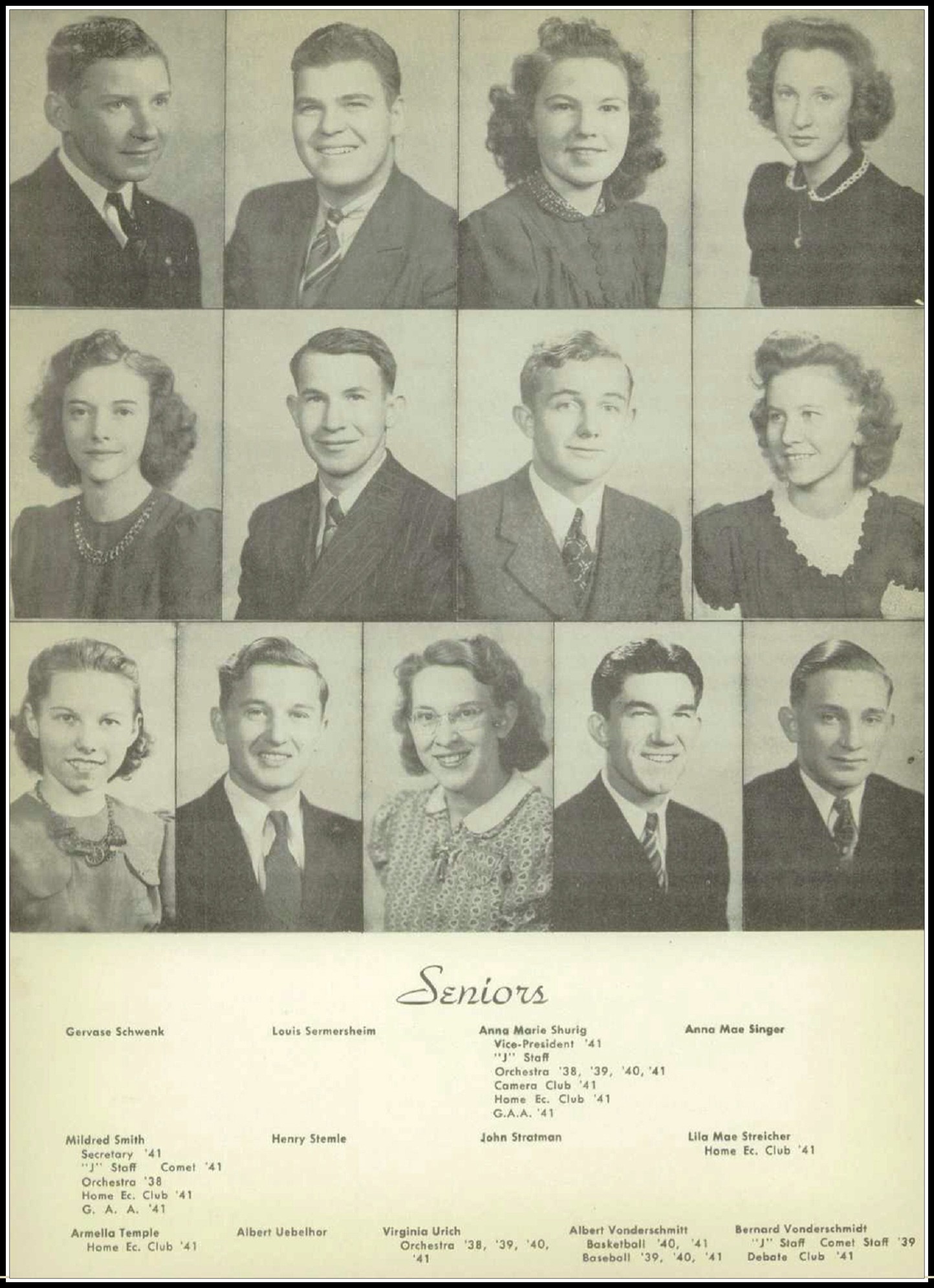



Develop a memorandum of understanding with law enforcement on access to the school building, reporting of crimes, arrests, and other key issues. Meet regularly to review problems and concerns. Work with juvenile justice authorities and law enforcement officers on how violence, threats, potentially violent situations, and other crimes will be handled.Policies and procedures for both day-to-day operations and crisis handling should cover such subjects as identifying who belongs in the building, avoiding accidents and incidents in corridors and on school grounds, reporting weapons or concerns about them, working in partnership with police, and following up to ensure that troubled students get help. Invite law enforcement officers to be part of your team. Establish a faculty-student-staff committee to develop a Safe School Plan.Include a way for students to report anonymously crime-related information that does not expose them to retaliation. Adopt the motto "If it's illegal outside school, it's illegal inside." Educate students, parents, and staff on policies and penalties. Establish "zero tolerance" policies for weapons and violence.Acknowledging students who do the right thing, whether it's settling an argument without violence or helping another student or apologizing for bumping into someone helps set the tone for the whole school. Join up with other parents, through school and neighborhood associations, religious organizations, civic groups, and youth activity groups.Talk with each other about violence problems, concerns about youth in the community, sources of help to strengthen and sharpen parenting skills, and similar issues.Ī Dozen Things Principals Can Do to Stop School Violence.If your child feels a rule is wrong, discuss his or her reasons and what rule might work better. Make it clear that you support school policies and rules that help create and sustain a safe place for all students to learn.Support each other in enforcing these standards. Work with other parents to develop standards for school related events, acceptable out-of-school activities and places, and required adult supervision.
#Jasper high school counselors how to#
Know how to spot signs of troubling behavior in kids ? yours and others. Make your home an inviting and pleasant place for your children and their friends it's easier to know what they're up to when they're around. Insist on knowing your children's friends, whereabouts, and activities.These behaviors often escalate into fistfights (or worse).Whether the teaser is violent or not, the victim may see violence as the only way to stop it. Kids who know how to approach a problem and resolve it effectively are less likely to be angry, frustrated, or violent.Take advantage of "teachable moments" to help your child understand and apply these and other skills. Help your children learn how to examine and find solutions to problems.Listen to children's ideas and concerns.They may bring up small problems that can easily be solved now, problems that could become worse if allowed to fester. Explain that you don't accept and won't tolerate violent behavior. Communicate clearly on the violence issue.Disciplining with framework and consistency helps teach self-discipline, a skill your children can use for the rest of their lives. Discuss punishments and rewards in advance, too. Set clear limits on behaviors in advance.Create an opportunity for two-way conversation, which may mean forgoing judgments or pronouncements.This kind of communication should be a daily habit, not a reaction to crisis. Find out what they're thinking on all kinds of topics. Listen to and talk with your children regularly.Settle your own conflicts peaceably and manage anger without violence. Work with parent teacher - student organizations. Volunteer in the classroom or library, or in after-school activities. Take an active role in your children's schools.If you do choose to keep firearms at home, ensure that they are securely locked, that ammunition is locked and stored separately, and that children know weapons are never to be touched without your express permission and supervision. In many states, parents can be held liable for their children's actions, including inappropriate use of firearms. Recognize that keeping firearms in your home may put you at legal risk as well as expose you and your family to physical risk.A Dozen Things Parents Can Do to Stop School Violence


 0 kommentar(er)
0 kommentar(er)
